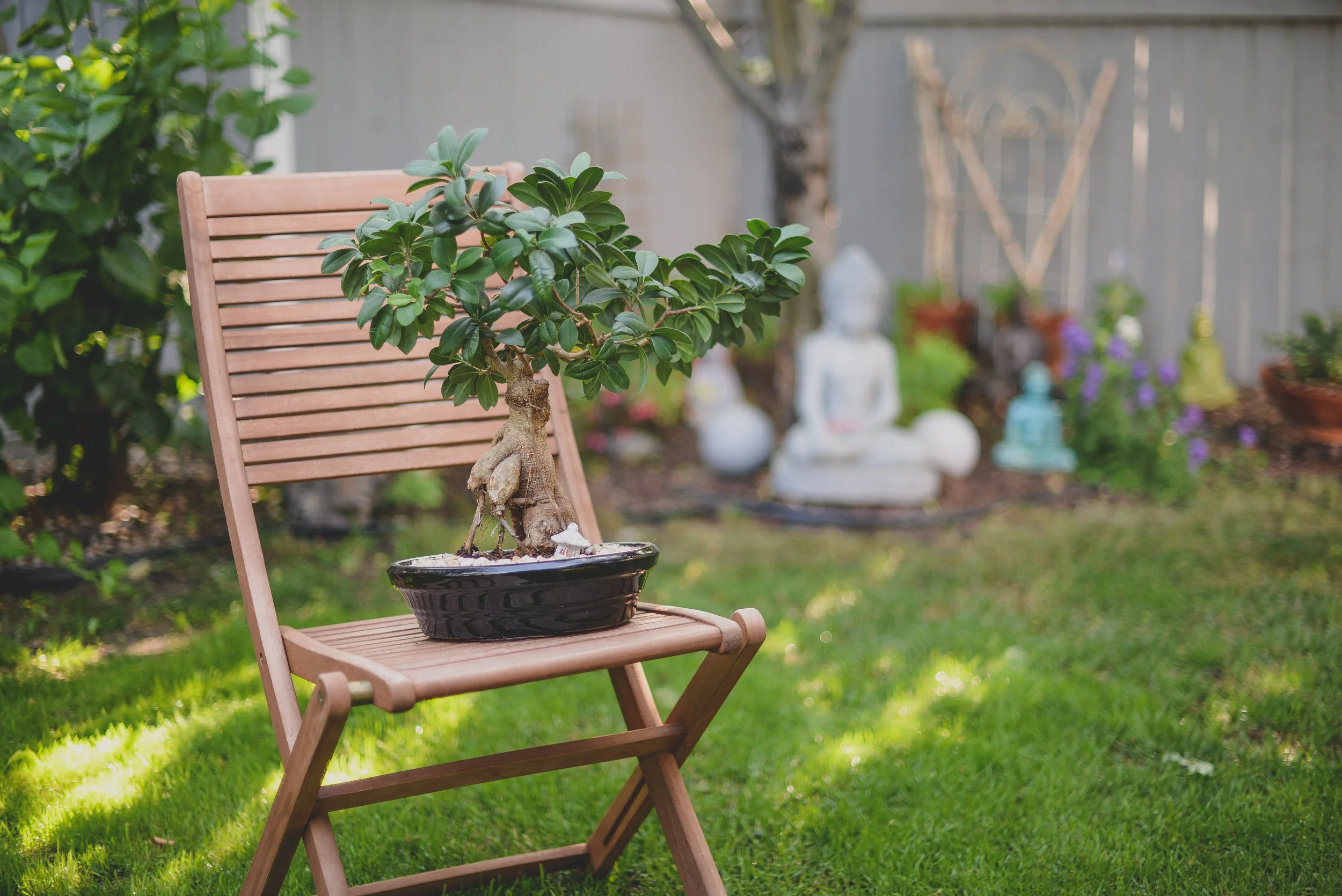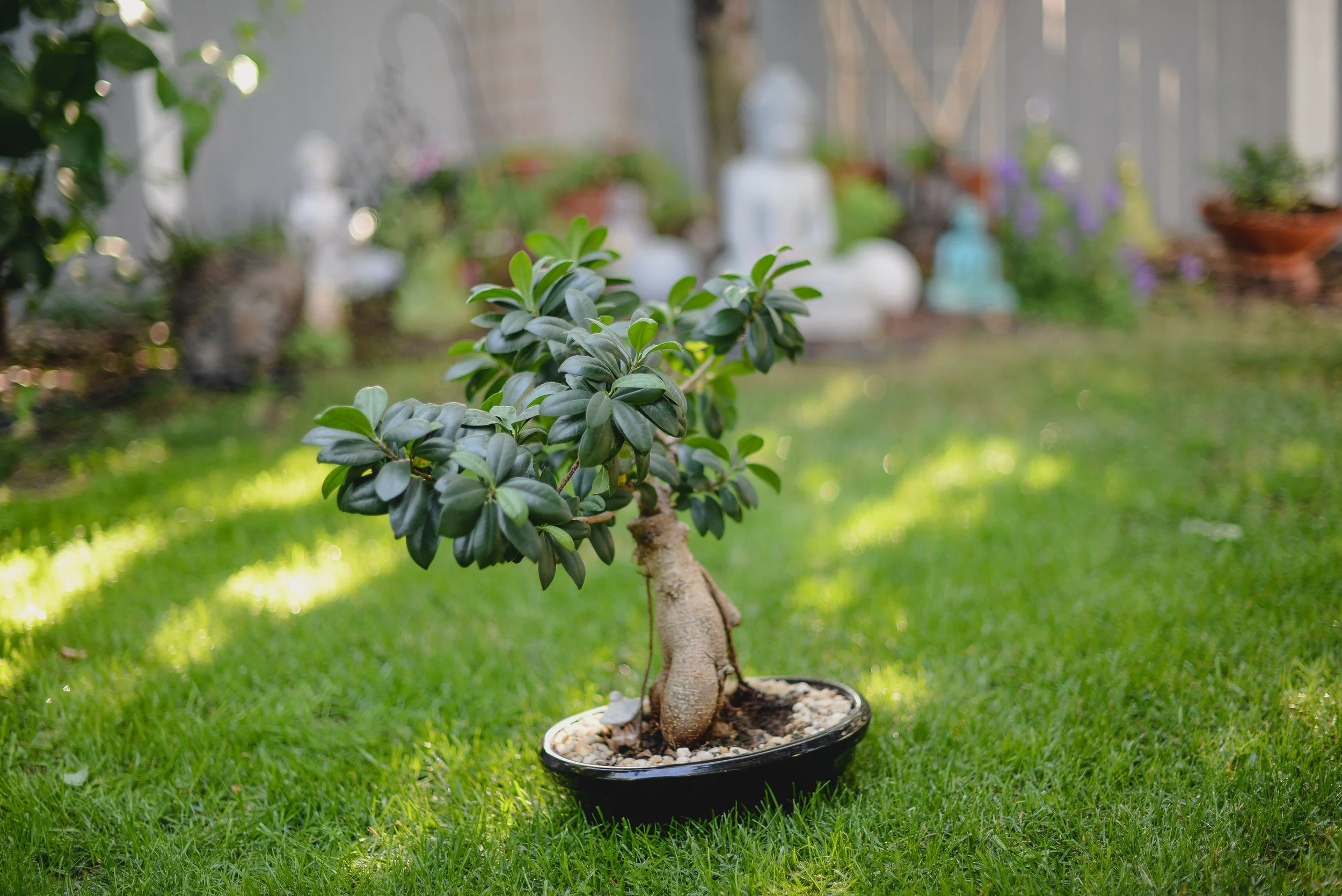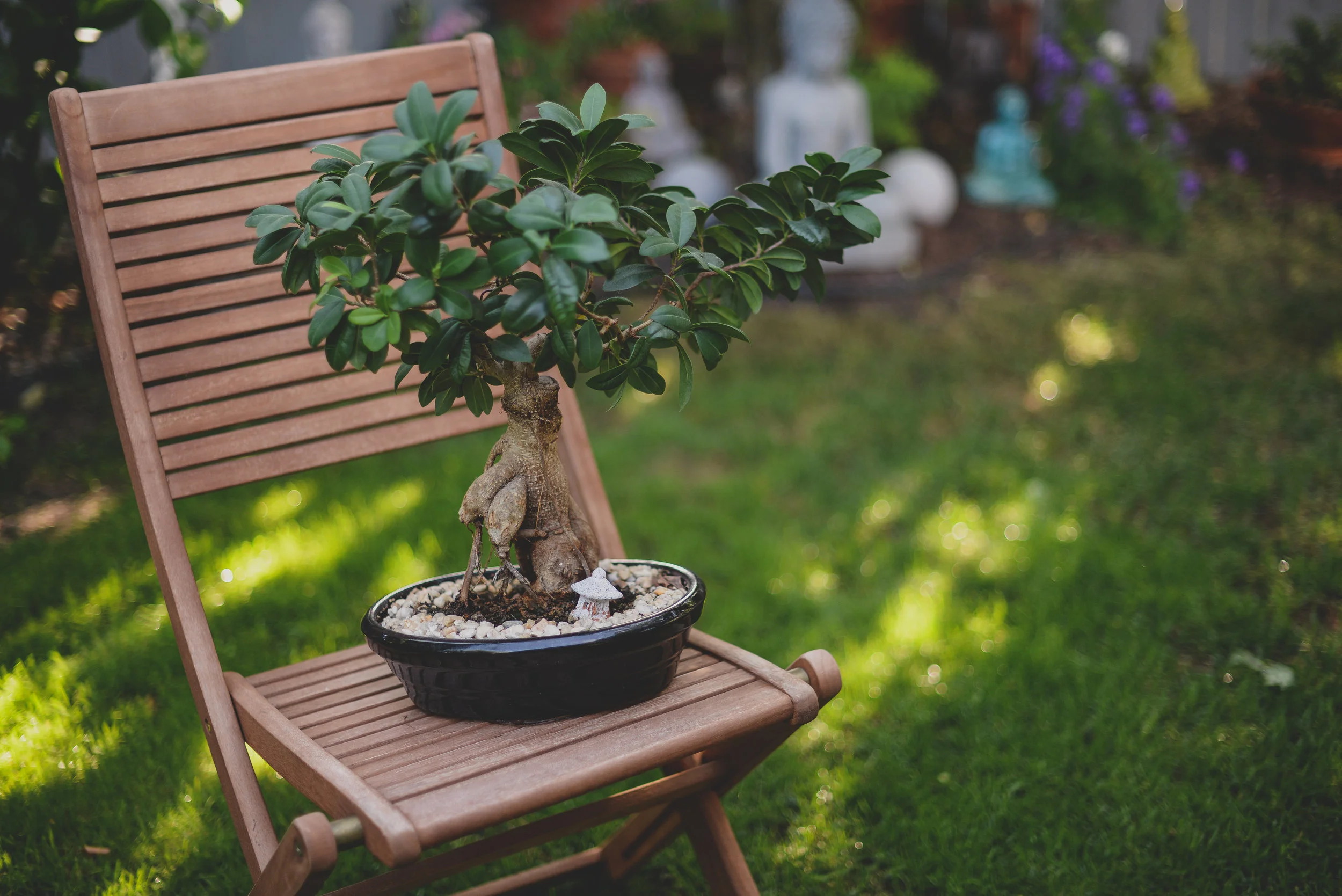The Beauty of the World Becomes an Anchor
Everything we are and have been, everything that we have seen, and all the paths we have travelled: these are in us and come to bear on those things we create, on any sort of making in which we participate. Looking at a great work of art, or reading a favorite novel, a poem, we can feel the vibrations of those places to which the artist has travelled, the books she has read, the poems she has absorbed, the paintings she has memorized inch by inch.
You'll remember the lines by Rilke, expressing a similar sentiment:
“For the sake of a few lines one must see many cities, men and things. One must know the animals, one must feel how the birds fly and know the gesture with which the small flowers open in the morning.”
When I read, or hear, great artists – from different fields, different points in time – conveying similar ideas, I pay attention. Part of me wants to collect these ideas in little drawers, a sort of card catalogue for creativity.
Thinking about our old unmaintained bonsai tree, I found the words and work of horticulturalist and bonsai specialist, John Naka, who was instrumental in increasing the practice and knowledge of the art of bonsai in North America in the 1950s and 1960s.
Naka says of the art form: "It must have philosophy, botany, artistry, human quality behind it to be a bonsai." Who you are and what you have learned, those things you are steeped in, immersed in, come to bear on the work, the tree itself.
He cautions: "Leave room for the birds to fly through."
Perhaps the words of the bonsai artist apply also to poetry and to other art forms?
Leave room for the birds to fly through.
Of course, this is true for photography, as well.
“You don’t make a photograph just with a camera. You bring to the act of photography all the pictures you have seen, the books you have read, the music you have heard, the people you have loved. ”
So. Everything that we have experienced, studied, read, all the music we have listened to, the friends we have made and those we have left behind, the places we have travelled to, the paths we have walked on (the sidewalks, the forest paths, the snow covered ones, and the muddy ones), the wine we have sipped, and the sadnesses we have endured, and the joys we have knelt down before: all these enter the poem, the piece of writing, the photograph, the work of art, the bonsai.
And it's the poem that changes us. It’s the work that changes and shapes us. All the while we work on the poem, the poem is doing its work on us. Does the poem matter? Has it ever mattered? Only if the work has mattered, only if the poem has worked on you and through you. Only if we carry it inside of us.
“Though we travel the world over,” says Emerson, “to find the beautiful, we must carry it with us, or we find it not.” But there are times when it’s difficult to find the beautiful, to even imagine it, and times when we’re just grateful to make it through a day, relatively unscathed. We lose our grip on all those things we have been through and the things we’ve learned.
The beginning of a poem by Linda Pastan, titled "Things I Didn't Know I Loved: After Nazim Hikmet," begins like this:
“I always knew I loved the sky,
the way it seems solid and insubstantial at the same time.”
It seems to be a useful exercise to list those thing you love, the solid and the insubstantial, those things you find to be beautiful, whether you're a poet or not. In doing so, you discover what you know you love, and maybe things you didn’t really know you loved until you wrote them down or said them. You’ll remember all those things you are and have experienced.
I urge you: list the things you love, and pass them along, too. Share them. Pastan’s poem arises out of Hikmet’s poem, and your poem will come from both of them.
List the simplest things, the oddest, quirkiest things. When you have become unmoored, list them. A line of poetry, a bowl of peaches on a windowsill, the sky, the way cereal floats in milk. In doing so, what we love, the beauty of things, the beauty of the world, becomes an anchor for times of gladness, times of exhaustion, and times of sorrow, as well. What you love becomes an anchor.
I always knew I loved the way light trickles down through leaves in a small forest like honey through your fingers. But until I started taking photographs, standing in the rain of it, I didn't know you could catch drops of light-honey on your tongue. I didn't know you could breathe in the light of a leaf and hold it inside you for days. I didn't know, quite, the taste of light mingled with green leaves, my heart, at the end of summer, or in the middle.








